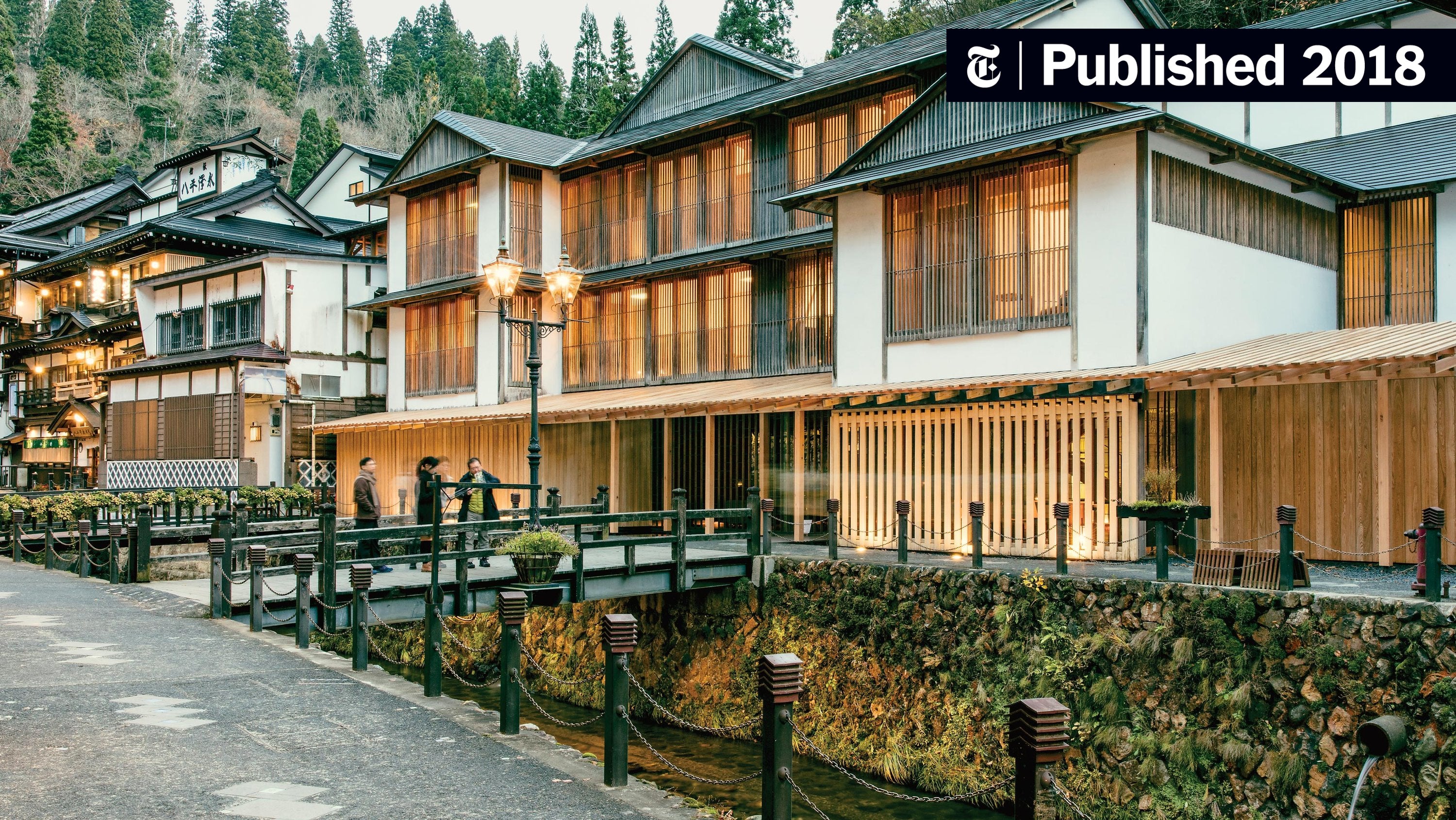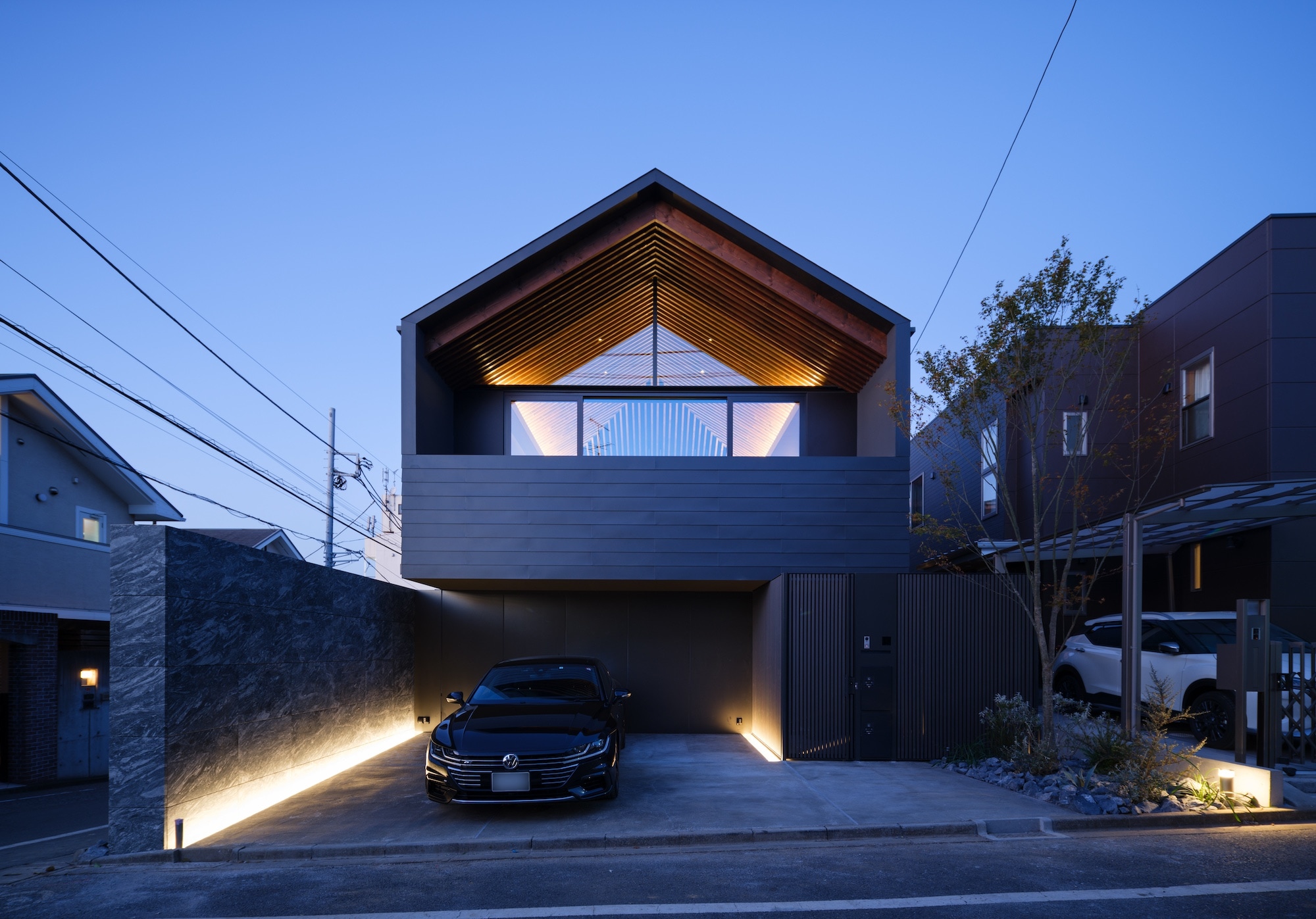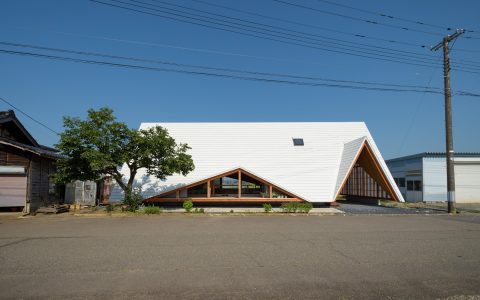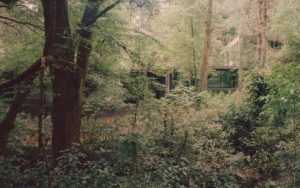Contemporary Japanese architecture continues to innovate globally, blending tradition with cutting-edge technology and conceptual depth. Here are key figures shaping the landscape with recent significant works:
Shigeru Ban
Known for pioneering sustainable and humanitarian design, Ban frequently employs innovative materials like paper tubes and engineered timber.
- Swinburne University of Technology Student Hub (Melbourne, 2022): Features expansive timber gridshell structures creating dynamic communal spaces.
- Ōita Prefectural Art Museum (Ōita, 2015): A later work showcasing his mastery of light and transparency.
Kengo Kuma & Associates
Kuma champions a tactile materiality and connection to nature, often utilizing local, traditional techniques in modern contexts.

- V&A Dundee (Scotland, 2018): A striking concrete form evoking cliffs, anchoring the waterfront.
- Japan National Stadium (Tokyo, 2019): Iconic for the Tokyo Olympics, featuring layered eaves and extensive timber use for a distinctly Japanese modernism.
Kazuyo Sejima + Ryue Nishizawa / SANAA
Their collaborative practice focuses on ethereal lightness, fluid space, and precise detailing, creating serene, luminous environments.
- Grace Farms (Connecticut, USA, 2015): A continuous, flowing "River" building weaving through the landscape.
- Sydney Modern Project (Art Gallery of New South Wales Expansion, scheduled 2022): Seamlessly integrates new pavilions into the terrain with signature transparency.
Sou Fujimoto Architects
Fujimoto explores fundamental relationships between architecture, nature, and human habitation through complex, often organic, forms and spatial sequences.
- Serpentine Pavilion (London, 2013): A seminal, cloud-like lattice demonstrating his radical spatial concepts.
- House of Hungarian Music (Budapest, 2022): Features a dramatic, perforated canopy roof floating above landscaped grounds.
Tadao Ando
Ando's powerful concrete forms continue to create contemplative experiences, emphasizing light, nature, and geometry.
- He Art Museum (HEM) (Shunde, China, 2020): A dramatic double-helix concrete staircase at its core.
- MPavilion 2023 (Melbourne): Featured his characteristic interlocking circular walls made of concrete and timber, creating a tranquil enclosure.
Junya Ishigami
Ishigami challenges conventional structural and spatial expectations, creating works that feel simultaneously fragile and monumental.
- Forest Kindergarten (Aichi, 2023): Features an undulating, perforated steel roof canopy seemingly melting into the surrounding forest.
- Serpentine Pavilion (London, 2019): Resembled a slate rock formation, blurring the line between natural and constructed.
These architects define contemporary Japanese design through innovation, material sensitivity, and profound spatial concepts, influencing the global discourse.







